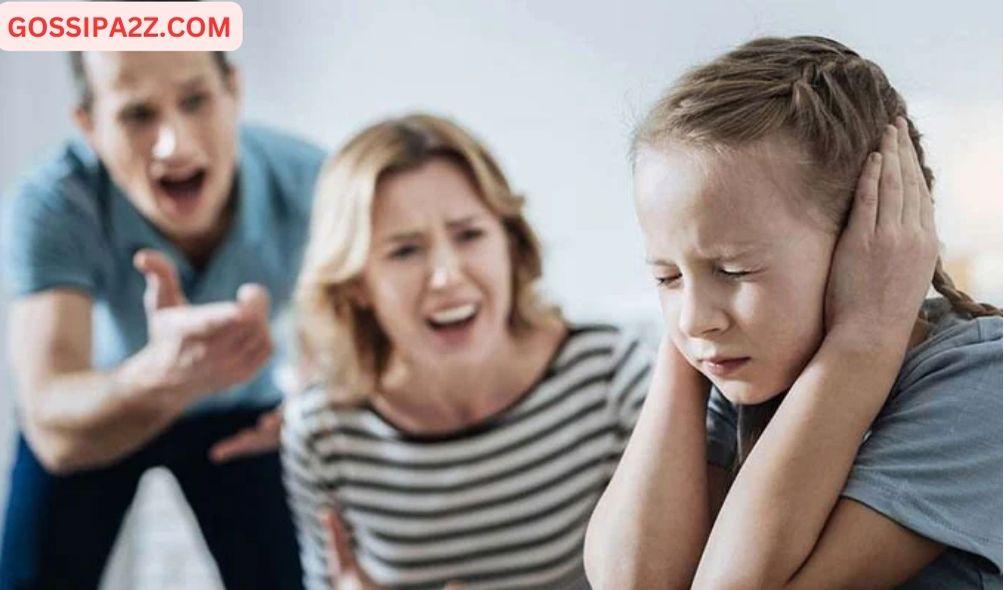Shouting At Children Can Be As Harmful As Sexual Or Physical Abuse, Study Finds
Parents, teachers, coaches and other adults shouting at, denigrating, or verbally threatening children can be as damaging to their development as sexual or physical abuse, a new study finds.
The study, published in the journal Child Abuse & Neglect, reviewed 166 earlier studies to produce a detailed analysis of the existing literature on the topic.
The authors called for childhood verbal abuse to be ascribed to its own category of maltreatment to facilitate prevention.
Child maltreatment is currently classified into four categories — physical abuse, sexual abuse, emotional abuse, of which verbal abuse is a part and neglect — and this study can inform strategies for prevention and treatment.
Unlike other forms of emotional abuse, including indifference, silent treatment, and witnessing domestic violence, researchers categorized verbal abuse as more “overt” and said it “warrants special attention.”
Commissioned by Words Matter — a British charity that aims to improve children’s health by ending verbal abuse — the study was carried out by researchers at Wingate University in North Carolina and University College London.
“Childhood verbal abuse desperately needs to be acknowledged as an abuse subtype because of the lifelong negative consequences,” said Professor Shanta Dube, the study’s lead author, and director of Wingate University’s Master of Public Health Program, in a statement.
The study, which studied the impact of shouting by adults such as parents, teachers, and coaches, cited several papers that suggested the lasting effects of childhood verbal abuse can manifest as mental distress, such as depression and anger; externalizing symptoms, such as committing crimes, substance use or perpetrating abuse; and physical health outcomes, such as developing obesity or lung disease.
ALSO READ:
- Details Of Proposal To Change Death Penalty
- CS Kindiki Demands Answers After Chinese Shao Guixiang Deported for Fighting Sneaks Back
- Azimio Blames Ruto’s Oil Deal With Saudi & UAE for High Fuel Prices
Jessica Bondy, the founder of Words Matter, stressed the importance of grasping “the true scale and impact of childhood verbal abuse.”
“All adults get overloaded sometimes and say things unintentionally,” she said in a statement. “We have to work collectively to devise ways to recognize these actions and end childhood verbal abuse by adults so children can flourish.”
This latest study found that a potentially significant “shift in childhood abuse may be occurring,” as the prevalence of childhood emotional abuse has increased while physical and sexual abuse has declined, according to the World Health Organization in 2014 and four other papers cited in the new study.
Researchers also called for a “need for consistency” in defining childhood verbal abuse so that its “prevalence and impact can be appropriately measured, and interventions developed.
Resources available on the Words Matter website encourage adults to avoid shouting, insults, putdowns, or name-calling when talking to children, as well as to think before speaking and take time to repair a relationship with the child after something hurtful has been said.
Similarly, the first rule of yelling is to refrain from critique while doing it, Elizabeth Gershoff, a professor of human development and family sciences at the University of Texas at Austin and researcher on parental discipline, told CNN in 2019.
Considering the audience is important too, she added. Toddlers are likely to only absorb the frustration and not the substance of the yell, while some children respond differently to being yelled at.
Shouting At Children Can Be As Harmful As Sexual Or Physical Abuse, Study Finds
